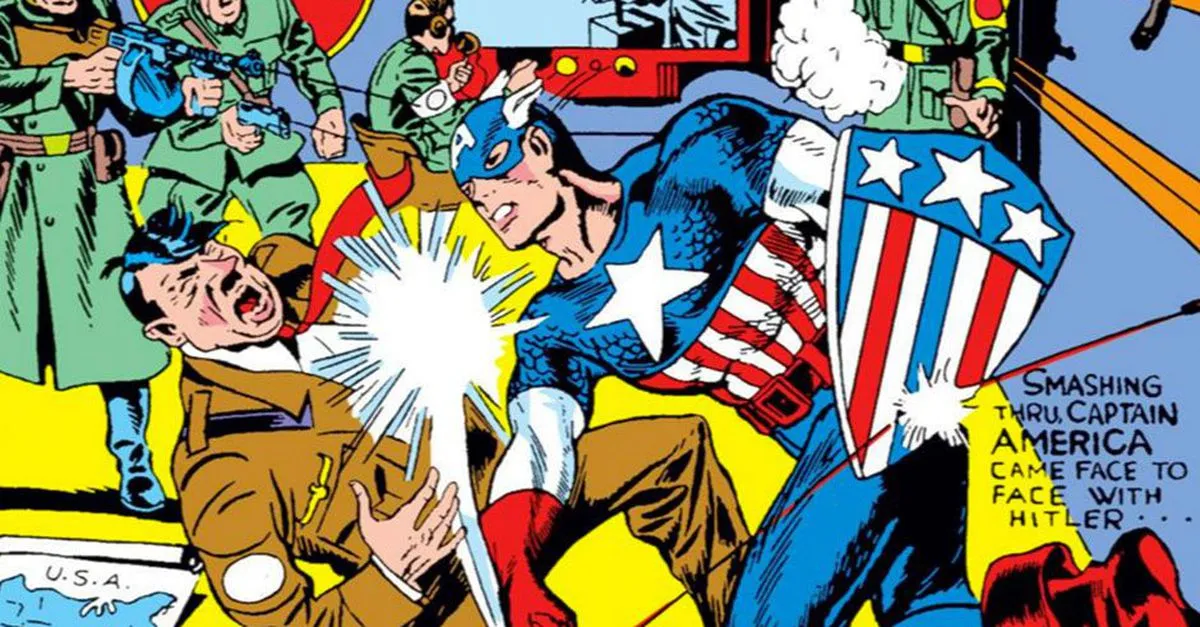Could we stop writing romances in which Jews fall in love with Nazis? Please? Could we stop? The latest in this trend (yes, it’s a trend!) is a now-canceled British production of Romeo and Juliet in which Romeo is a member of the Hitler Youth and Juliet is a Jewish girl. Here’s the play’s description from Ipswich’s New Wolsey Theatre:
Germany, 1933.
In defiance of their entire society and in secrecy from their closest friends, hopeful young lives burn amidst a cataclysmic backdrop of impending war. Sun and moon shine down on star-crossed lovers as a Jewish girl falls for a member of Nazi Youth and the boy questions everything he was taught to believe.
They hide their passion and sexuality from their warring families and their closest friends. Misadventure, family pride, and anti-Semitism abort and bury the most joyous of beginnings, the most hopeful of love stories as Romeo and Juliet, driven apart, find their world becoming a constricting, single mausoleum of fate and death.
The play, which was to be performed by a theater group called the Icarus Theatre Collective, came under fire when their casting director removed any references to Jewish actors in the play’s casting call. To their credit, Icarus—which is led by a Jewish director, Max Lewendel—has pulled the production.
I’m glad the Icarus Theatre Collective has done the right thing, but there have been way too many stories rehabilitating Nazis and other white supremacists at this point. One example is For Such a Time by Kate Beslin, a 2015 romance novel that features a Jewish woman who falls in love with a Nazi commander in a concentration camp, and then converts to Christianity. The book was shortlisted for two of the Romance Writers of America’s annual awards and sparked a resulting outcry.
More recently, the publisher Putnam acquired Emily Everett’s novel Heartland, about a woman who falls in love with a German POW working on a farm in Iowa. Members of the German military were instrumental in carrying out the Holocaust.
Why do writers and artists want to rehabilitate Nazis so badly?
Nazis were human beings, and as many of us have seen with our own family members falling prey to Fox News propaganda and fascist rhetoric, ordinary people can be easily persuaded to participate in horrific acts. But it’s one thing to acknowledge the humanity of Nazis, and quite another to portray them as love interests (or, in the case of books like The Boy in the Striped Pajamas, innocent protagonists who simply didn’t know that genocide was happening).
Why do some writers and artists have such a strong urge to paint Nazis in a positive light? Why are they so ready to put themselves in what they think a Nazi’s headspace looked like? It’s not an interesting or creative experiment. It’s not humanizing racists in any kind of productive or useful way. It’s an alarming form of Nazi apologism that’s gaining steam right alongside antisemitism and other forms of bigotry.
And it needs to stop, now.
(featured image: Marvel Comics)










Published: Nov 4, 2022 03:48 pm